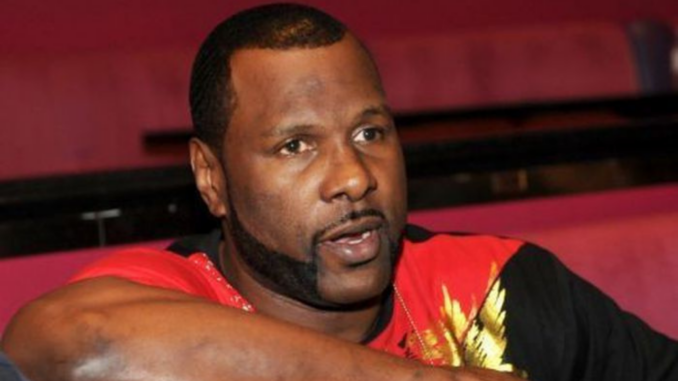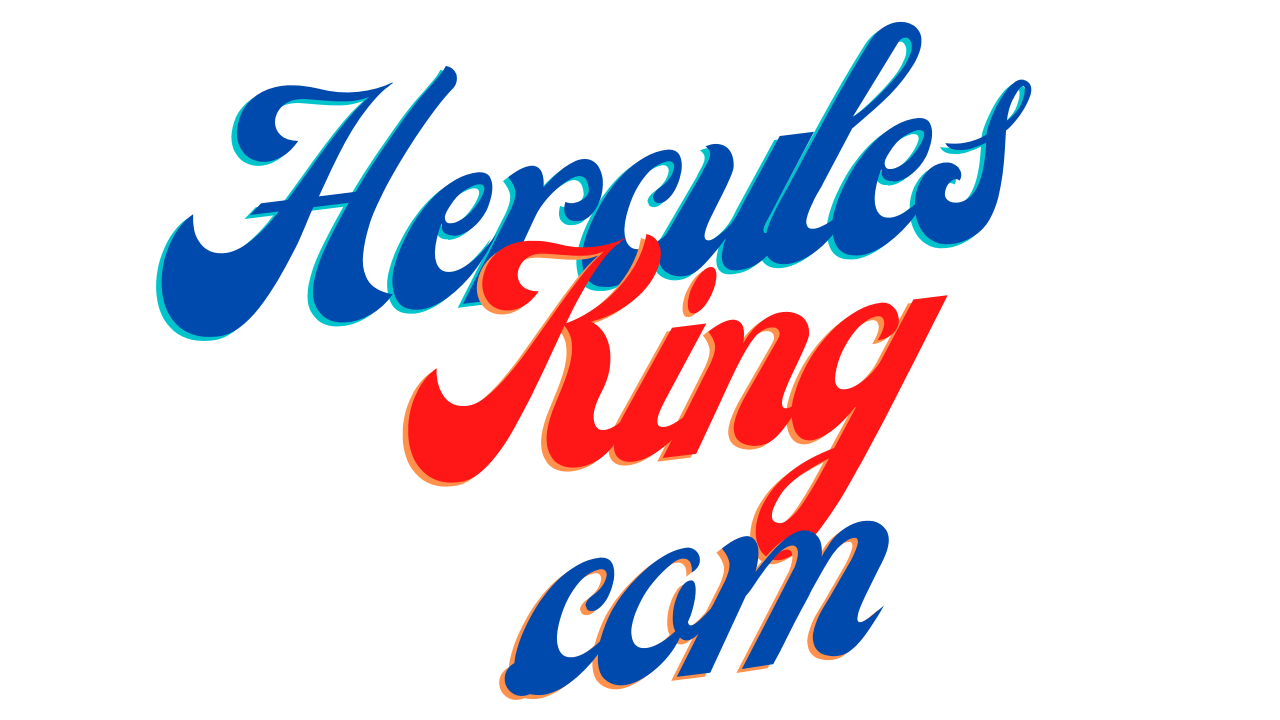
Tony Tucker! Tucker won the vacant IBF title with a win over James Buster Douglas. Then he surrendered it to Mike Tyson only 64 days later in a loss by unanimous decision.
Tony Craig Tucker (born December 27, 1958) is an American former professional boxer who competed from 1980 to 1998. He won the IBFheavyweight title in 1987, and was the shortest-reigning world heavyweight champion at just 64 days. In an interview with Barry Tompkins, he referred to himself as the “invisible champion,” due to the press and general public largely neglecting him.[1] He is best known for giving Mike Tyson in his prime a relatively close fight, in which he, in words of Larry Merchant, “rocked Tyson in the first round,”[1] but Mike managed to withstand pressure and won a unanimous decision. As an amateur, he won the 1979 United States national championships, the 1979 World Cup, and a gold medal at the 1979 Pan American Games, all in the light heavyweight division.

Tony Tucker became a boxer under influence of his father Bob Tucker, also a former amateur boxer, who became his trainer and manager, put all his wealth into the development of his son’s boxing career. Tony fought out of Grand Rapids, Michigan, competing almost entire his amateur career in the light heavyweight division with his billed weight at the 1979 Pan American Games exactly matching the weight limit of the division (178 lbs).[2]
Robert Surkein, the national boxing chairman for the Amateur Athletic Union, said of Tucker: “Believe me, he’s better than Leon Spinks. Spinks couldn’t hold this kid’s gloves at a comparable stage.”[3] Rollie Schwartz, past national chairman of the AAU Boxing Commission, said of Tucker prior to the Olympics, “Tucker is a combination boxer and puncher, much akin to Joe Louis. He comes right at you. I’d take him tomorrow over the two so-called light Heavyweight champs.”[4]

Home Box Office and Don King Productions orchestrated a heavyweight unification series for 1987, planning among its bouts a match between reigning IBF champion Michael Spinks and Tucker. Spinks refused to face Tucker, opting instead for a more lucrative bout with Gerry Cooney. The IBF withdrew its championship recognition of Spinks on February 19, mandating that Tucker (as the IBF’s number 1-ranked contender) face its number 2 contender, Buster Douglas. Tucker won the bout, and the vacant IBF crown, via 10th-round technical knockout.
Tucker, as the winner of the IBF title, was obliged to immediately defend his title in a unification bout with WBA and WBC champion Mike Tyson, in what would be the tournament final, where Tucker was a 10-to-1 underdog.[1] Before Tucker was managed by Emmanuel Steward, who received a negotiated percent of each payday. By that time for that same purpose a joint venture named Tucker Inc. was formed by his promoters Cedric Kushner (18% of total share), and Josephine Abercrombie with Jeff Levine (also 18%), partnering with Dennis Rappaport and Alan Kornberg (13%,) and lastly Emmanuel Steward (6%). His father Bob Tucker also secured a share in Tucker Inc. (12%)[11]
Before the fight versus Tyson, Tucker has been on an eight-year-long winning streak, his last defeat was in 1979, while competing in amateurs.
Despite having a broken right hand, Tucker faced Tyson on August 1, 1987.[12] Tyson defeated Tucker by unanimous decision to unify the three championship titles, in the process giving Tucker the distinction of having the shortest championship reign in the history of the Heavyweight division (64 days). According to the HBO Punch Statistics, Tucker landed 174 of 452 punches thrown, while Tyson landed 216 of 412, and in fact outjabbed Tucker, who had more than a 10-inch reach advantage (81½” to 71″).[1]

The best praise for Tucker’s performance at the ring came from one of the HBO hosts, and one of the greatest boxers of all time pound-for-pound, Sugar Ray Leonard, who said that: “What Tucker displayed tonight was the fact that he is a non-conformist. He did what a lot of us thought he couldn’t do, and that’s why I respect him so much, because he boxed, he clinched, he was very strategic, very tactical, very intelligent fighter.”[1]
Coincidentally, eight years later this exact scenario would unfold to give Tucker another title shot, as the WBA would withdraw its championship recognition of George Foreman on March 4, 1995 after Foreman refused to face Tucker (who was its designated #1 contender). Unlike the 1987 scenario, this time Tucker would not earn a championship, as he would lose the match mandated by the WBA, against #2-ranked contender Bruce Seldon.

Tucker returned to boxing in 1990, and by 1992 was back in Don King’s stable. He won the NABF belt with a split decision over the highly ranked Orlin Norris, and successfully defended it against future world champion Oliver McCall, winning another 12-round decision. He finished 1992 with a 6th-round TKO of Frankie Swindell and set himself up for another world title shot.
By 1993, Tucker had run his record up to 48–1 and in May of that year he challenged Lennox Lewis for the WBC world heavyweight title. Lewis won a 12-round unanimous decision, knocking down Tucker twice (for a first time in his career.) It was the first time in 34-year-old Tucker’s career that he had been off his feet.”They tried to force me to fight Tony Tucker. And I remember looking at Tony Tucker, and saying, ‘Mama didn’t raise no fools. I’m not fighting him.’ And they took the titles. Some people I’m not gonna fight. That’s the good reason. I didn’t want to fight him. Too tough.”
In 1995, George Foreman, who beat Michael Moorer in November 1994 to become the oldest heavyweight champion in history, refused to defend his WBA world heavyweight title against Tucker, choosing to fight German Axel Schulz. For the noncompliance with the rules the WBA officials stripped Foreman of the title. Tucker and Bruce Seldon fought for the vacant WBA belt in April 1995. Seldon won by TKO after 7 rounds when doctors stopped the fight due to Tucker’s eye closing shut.

Tucker lost his shot at a rematch when later that year he was outpointed by a newly signed Don King heavyweight, British-Nigerian boxer Henry Akinwande, over ten rounds.
In 1996 he was outpointed by old rival Orlin Norris. He scored two low-key wins in California, and in 1997 traveled to the U.K. to challenge Herbie Hide for the vacant WBO title. Tucker was dropped three times and knocked out in round 2.
In 1998 Tucker challenged John Ruiz for his NABF belt. Despite a big 6th round where he had Ruiz in trouble, Tucker was eventually stopped in the 11th round.
He came back in May to knock out journeyman Billy Wright in one round, but later had his license revoked due to medical concerns about Tucker’s vision.
Source: https://en.wikipedia.org/wiki/Tony_Tucker


Perfect! That was precisely what I have been hoping to find.
do you need a prescription for viagra buying viagra online legal viagra online no prior prescription